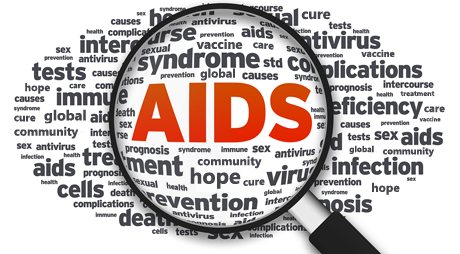DBT, ICMR partner to promote AIDS research
June 03, 2013 | Monday | News | By BioSpectrum Bureau
DBT, ICMR partner to promote AIDS research
The Human Immunodeficiency Syndrome (HIV) still remains one of the most challenging viral diseases. The prevention of HIV Infection or curtailing its progression remains one of the greatest scientific challenges. Development of effective biomedical tools for HIV prevention has raised several outstanding scientific questions about the mechanistic nature of protective immune responses, the host factors that influence susceptibility to and protection from disease, effects of the infection on the developing and aging human immune systems and how to enhance the existing immune response.
Under the above mentioned joint DBT-ICMR collaborative programme [Clinical Research Consortium], proposals have been invited from interested researchers to study intricate relationships between HIV pathogenesis and immune defense in Long Term Non-Progressors (LTNPs) (symptomatic individuals having a CD4 T cell count >500 cells/µL for >7 years without ART); Elite elite controllers (EC) (Non-Progressors with a viral load of <50 copies/ml); HIV-Exposed Sero-negative (HESN) and High Risk Sero-negative cohorts. The interdisciplinary research in these areas would therefore lead to important knowledge-driven interventions and technologies in India that can be sustainably implemented in clinical practice and in the community. Also the research proposals may include the research progress on microbicides that include any biocidal compound or substance whose purpose is to reduce the infectivity of microbes, such as viruses or bacteria.
The proposals must be inter-institutional and should include establishment of new or engagement of existing clinical site(s) supporting the cohorts mentioned above and a central storage facility of the biological samples. The proposals must also include a process for management, sharing, training, sustenance and scope plan.
As per DBT, the concept notes would be scrutinized and evaluated within a fixed time period in accordance with the stated goals of the programme, uniqueness, feasibility and track record of the main investigators. The last date for submission of call for proposals is June 30, 2013.









